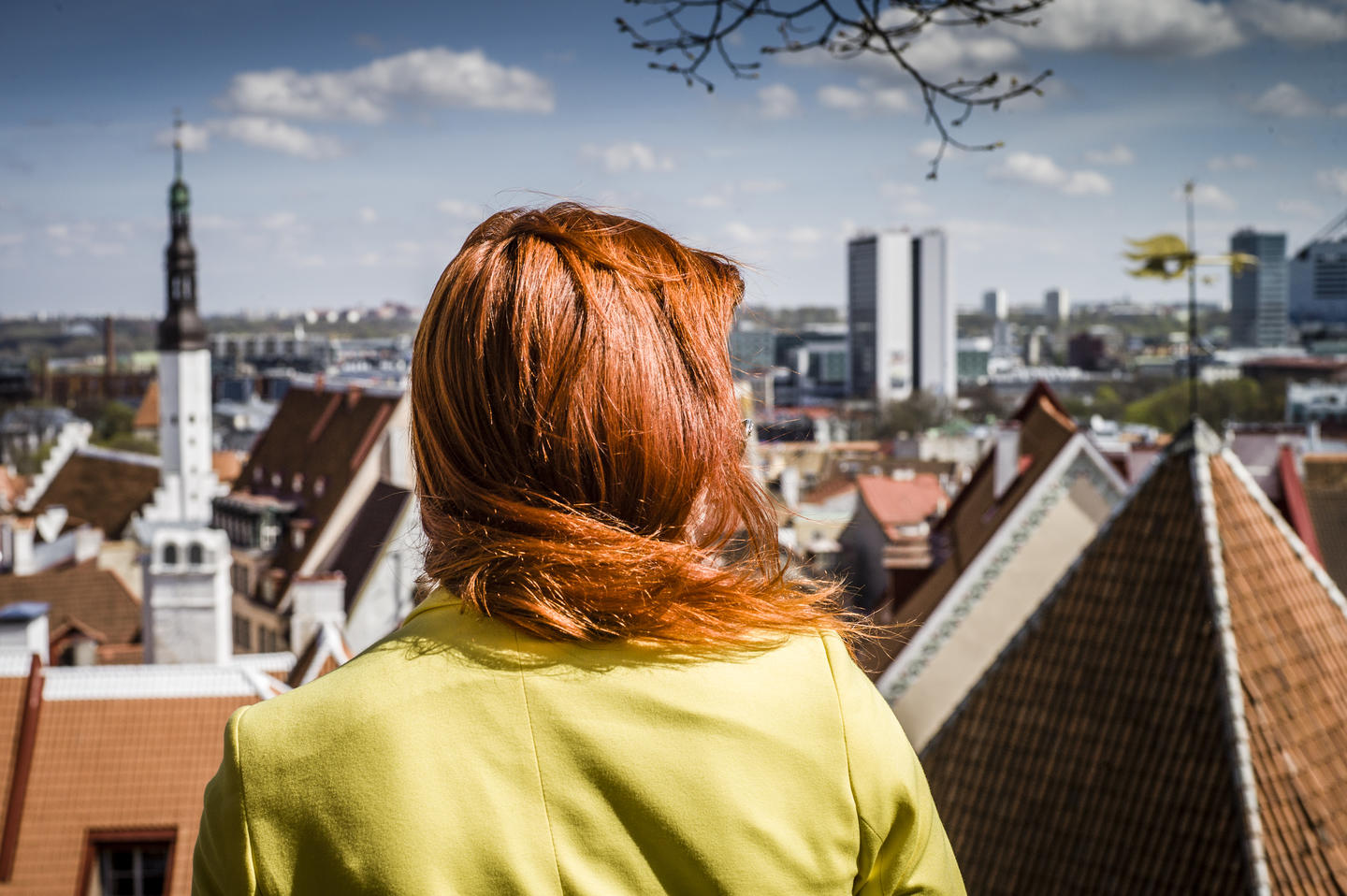Gender-based violence is a challenge facing all European countries. According to the Council of Europe 12% to 15 % women in Europe face violence in their home every day. Eradicating this scourge is vital for improving gender equality and empowering women.
The Norway Grants provide considerable support to prevent and effectively respond to domestic and gender based violence through:
- Information campaigns and awareness raising
- Improvements in the legal framework.
- Establishment of protection services for victims of gender based violence, such as refuge shelters, phone lines and crisis centres.
- Counselling and treatment programmes for domestic violence offenders.
- Exchange of best practice between donor and beneficiary countries in areas such as police training and law enforcement.
Example: In Slovakia funds will be used to increase the number and capacity of crisis centres, women’s shelters and counselling centres. Funding will be used to establish specialised services and improve coordination within the existing social services network.
The Norwegian Directorate of Health, Norwegian Police Directorate, Norwegian Secretariat of the Shelter Movement and the Council of Europe are involved as partners in the programmes dealing with domestic and gender-based violence.
Council of Europe
The Council of Europe participates in the EEA and Norway Grants programmes related to human rights, democracy and the rule of law. It is directly involved as a partner in programmes dealing with domestic violence and violence against women.
Bridging the pay gap
Gender equality is a fundamental right and a key factor for social and economic development. Both the donor countries, Iceland, Liechtenstein and Norway, and the EU recognise the importance of gender equality in securing growth and sustainable development.
The EEA and Norway Grants fund programmes and projects promoting:
• Better balance between work and family life.
• Measures to encourage female entrepreneurship, awareness-raising campaigns and activities to tackle the pay gap. Women in the EU earn on average 16 % less than men, even though they make up 60% of new university graduates.
• Advocacy activities and awareness raising campaigns to tackle gender stereotypes.
Example: In Spain, an important priority is to promote gender equality in the labour market. This will be achieved through exchange of policies and best practices around female entrepreneurship, gender balance on company boards and improvement of work-life balance. The inclusion of migrant and Roma women is given attention here.
The Norwegian Ministry of Children, Equality and Social Inclusion and the Norwegian Equality and Anti-Discrimination Ombud are partners in the gender equality programmes in Estonia and Spain respectively.
